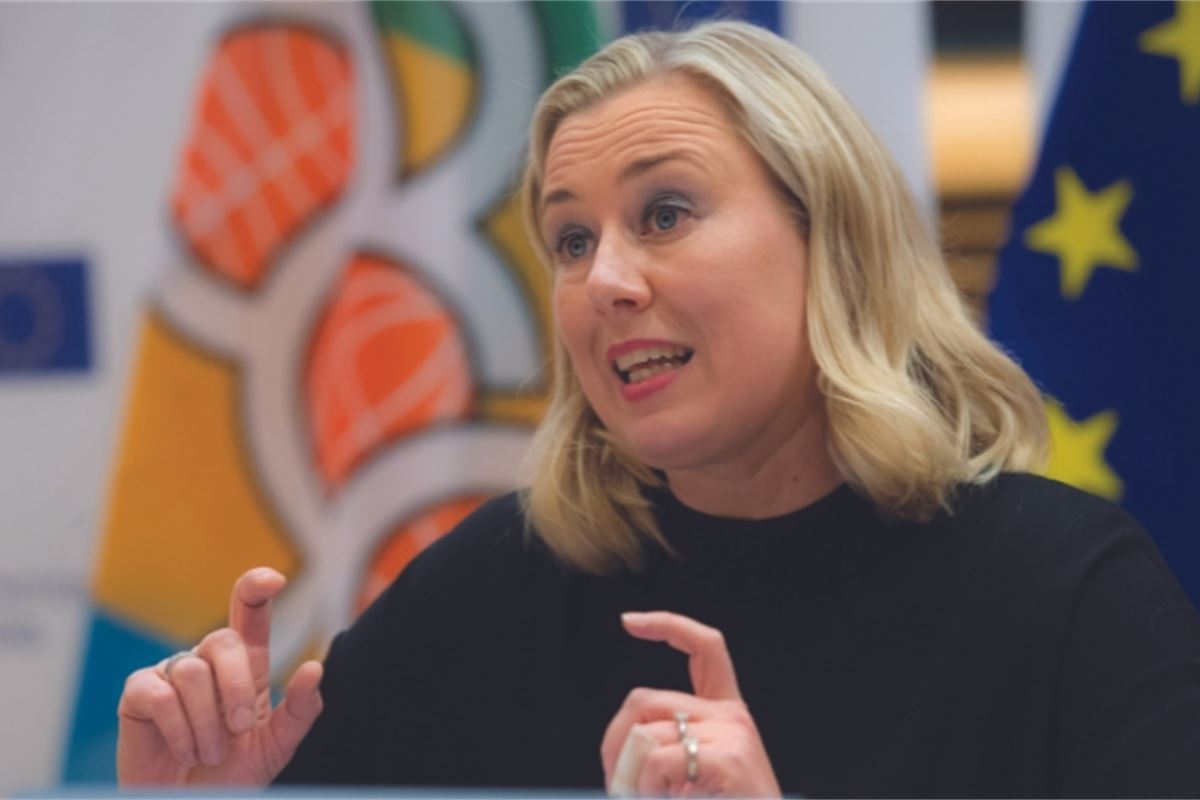EU Announces €150 Billion Infrastructure Investment for Nigeria and Africa
The European Union (EU) has announced a significant financial commitment to bolster infrastructure development in Nigeria and several other African countries by 2027. Under its Global Gateway Initiative, the EU will disburse €150 billion over a four-year period, directed toward various sectors.
Speaking during the launch of the Global Gateway initiative in Abuja, Jutta Urpilainen, the EU Commissioner for International Partnerships, emphasized the project’s aim to enhance connectivity, sustainable development, and economic cooperation between the EU and its partner countries, including Nigeria.
Ms. Urpilainen detailed that the Global Gateway initiative will support Nigeria in achieving improved infrastructure connectivity across sectors such as transportation, energy, digital networks, agriculture, economic growth, health, and education. It will also promote sustainability and environmental protection, fostering cooperation and partnerships with Nigeria and other partner nations.
She highlighted the current global challenges, including conflicts and climate change, and stated, “In such a world, the Global Gateway strategy is our positive offer to build resilient connections in the world through strategic partnerships to jointly address the challenges of our times, from fighting climate change to improving health systems.”
The EU’s ambitious goal is to mobilize €300 billion in investments by 2027, with half of these funds allocated to Africa, amounting to €150 billion by that year. Nigeria is set to play a prominent role in the Global Gateway investment package.
The EU’s commitment includes support for the rollout of 5G technology in Nigeria, aimed at bolstering the digital economy. It is also exploring potential loans to assist small and medium enterprises (SMEs) in the digital and print sectors.
Energy development is another area of focus, with plans to establish mini-grids and small hydropower plants for productive and public purposes. The EU has already contributed significant resources to support the energy sector.
Ms. Urpilainen also mentioned initiatives aimed at enhancing digital infrastructure and education in Nigeria. The EU has launched a digital economic package in the country, partnering with European Investment Banks for investments worth €820 million. Furthermore, the EU is collaborating with Nigeria on railway projects and reinforcing interconnections within the West African power pole.
Education is recognized as a transformative investment, and the EU is launching an empowerment project in Nigeria’s North-West in collaboration with the government, with a focus on improving the quality of basic education in the northern regions.
Nigeria is also set to benefit from the EU’s student mobility and higher education cooperation project under Erasmus+, with over 2,020 Nigerian students being granted scholarships for studying in the EU in 2022.
Also Read: EU convenes special leaders’ meeting on situation in Israel, Gaza
Ms. Urpilainen provided insight into the allocation of EU funds to various sectors within Nigeria, with substantial investments planned in agriculture, energy, health, digital infrastructure, education, and social protection.
This substantial financial commitment from the EU underscores its dedication to fostering sustainable development and strengthening partnerships with African countries, including Nigeria.













